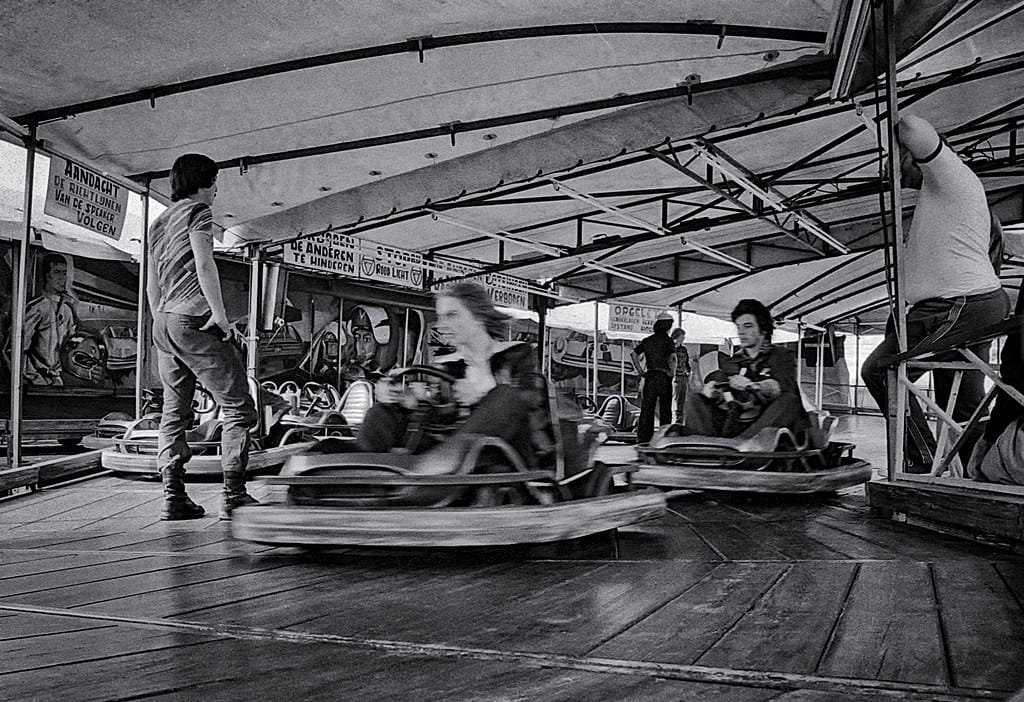AI Rewrites Film History: Indian Studio Changes 12-Year-Old Movie's Ending Without Director's Permission
In an unprecedented move that has sent shockwaves through the film industry, an Indian studio has used artificial intelligence to alter the ending of a 12-year-old film without obtaining consent from its original director. This marks what appears to be the first documented case of AI being deployed to retroactively modify a completed film's narrative, raising profound questions about creative ownership, artistic integrity, and the evolving role of technology in cinema.
The Controversial Edit
The incident involves a regional Indian film from 2012 that has been given a completely new conclusion through sophisticated AI technology. Studio executives reportedly commissioned the AI-generated alternate ending to make the film more commercially viable for contemporary audiences and streaming platforms. The original director, who has not been publicly identified pending potential legal proceedings, was neither consulted nor informed about the changes until the modified version began circulating online.
Industry insiders describe the AI-generated footage as remarkably seamless, utilizing advanced deepfake technology and machine learning algorithms trained on thousands of hours of similar content. The new ending reportedly changes the film's tone from tragic to uplifting, aligning with current market preferences for feel-good narratives.
Legal and Ethical Implications
This case highlights a troubling gray area in entertainment law where existing copyright and moral rights legislation has not kept pace with rapidly advancing AI capabilities. Film industry lawyers are closely watching how this situation unfolds, as it could set crucial precedents for future disputes involving AI-generated content modifications.
"This represents a fundamental violation of artistic integrity," explains entertainment attorney Priya Sharma, who specializes in intellectual property rights. "Directors have moral rights over their creative works that extend beyond mere copyright ownership. Using AI to alter their vision without consent crosses ethical and potentially legal boundaries."
The incident also raises questions about who holds ultimate authority over a film's final cut. While studios typically retain significant control over commercial releases, the use of AI to create entirely new footage featuring actors who never performed those scenes ventures into uncharted territory.
Technology Meets Creative Control
The AI tools used in this case represent the cutting edge of film production technology. Modern generative AI can now create convincing footage by analyzing existing performances, camera angles, and visual styles. The technology essentially "learned" the film's aesthetic and narrative patterns to generate new scenes that appear authentically part of the original production.
This capability extends far beyond simple editing or color correction. The AI reportedly generated new dialogue, created facial expressions and body language for actors, and even composed additional musical score elements to support the new ending. The result is indistinguishable from human-created content to most viewers.
Industry Response and Broader Implications
The revelation has sparked intense debate within India's film industry, with prominent directors and actors expressing concern about the precedent this sets. Several major filmmaker associations are reportedly drafting new guidelines to address AI usage in post-production modifications.
International film festivals and distributors are also taking notice. Some platforms are beginning to require disclosure when AI has been used to significantly alter existing content, treating such modifications similarly to colorization of black-and-white films or director's cuts.
The streaming era has intensified pressure on content libraries to remain relevant and engaging. Studios face mounting pressure to refresh older content for new audiences, but this case demonstrates how technology can enable modifications that fundamentally alter artistic intent.
The Future of Film Integrity
This incident serves as a crucial wake-up call for the entertainment industry. As AI technology becomes increasingly sophisticated and accessible, the potential for unauthorized content modification will only grow. The industry must establish clear ethical guidelines and legal protections before such practices become commonplace.
The case also underscores the need for updated contracts and agreements that explicitly address AI usage rights. Future film productions will likely need to include specific clauses governing how artificial intelligence can and cannot be used to modify completed works.
As this story continues to develop, it will undoubtedly influence how the global film industry approaches the intersection of artificial intelligence and creative control. The outcome may determine whether AI becomes a tool for enhancing artistic vision or a threat to filmmaker autonomy in the digital age.
